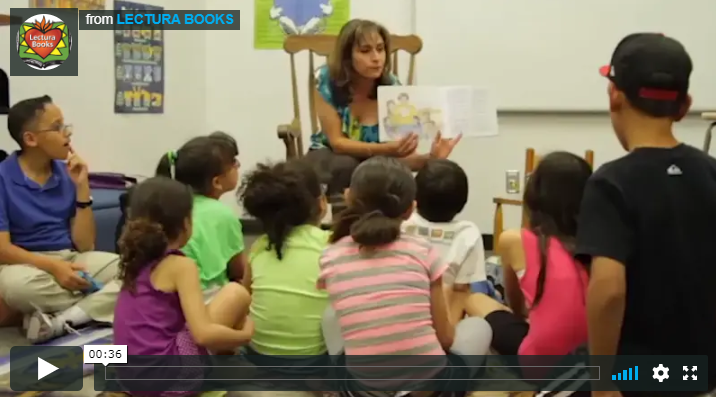Trauma has a major impact on child development and behavior. A startling number of children in the United States have experienced or are still experiencing some type of trauma, chronic stress, or violence. Research shows that a startling two out of three students in the United States have been or are victims of these damaging experiences. This statistic provides challenges for educators who deal with these children on a daily basis.
Some types of trauma that affect child development and behavior include:
- Physical and emotional neglect
- Witnessing a parent being abused
- Physical, sexual, or verbal abuse
- Having a parent who is an alcoholic or addicted to other drugs
- Having a family member in jail
- Experiencing the loss of a parent due to death, separation, or abandonment
- Having someone with mental illness or suicidal depression at home
In order to have positive educational outcomes and deal with behavioral issues, educators can use a strengths-based approach, when working with this population of students. With this approach, educators can pinpoint adverse conditions and behaviors that would make students’ ability to learn and their ability to teach them difficult, as a way to better understand their students. It is important to look beyond what is lacking and to find what is already there. Educators should identify the students’ existing strengths; help them discover their strengths; teach students to value their strengths; and build instructional programs that boost students’ social ties and networks.
Although there is not a single group of nationalities making up these numbers, a great deal of these children are English Language Learners (ELLs) of Hispanic heritage. Educators can help students feel welcomed in the classroom by including bilingual books that share stories that may be similar to what they have experienced or are experiencing.
Helping children understand their culture, situation, and life experiences works to relieve the stress and anxiety of trauma. Seeing positive aspects of their culture and in their lives will help children in their development and behavioral aspects. Lectura Books offers a wide selection of bilingual books that are ideal to include in your classroom instruction. Books from this publisher include topics such as immigrant, culture, and self-identity. These books help to teach a lesson, while showcasing positive aspects of various Hispanic cultures.

